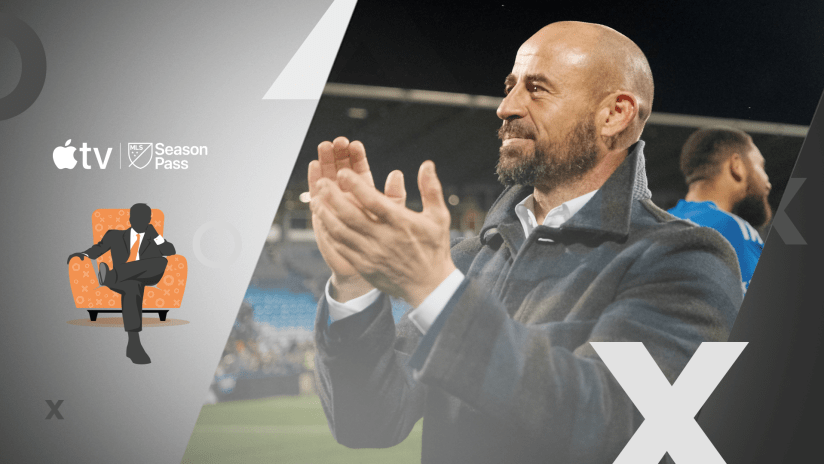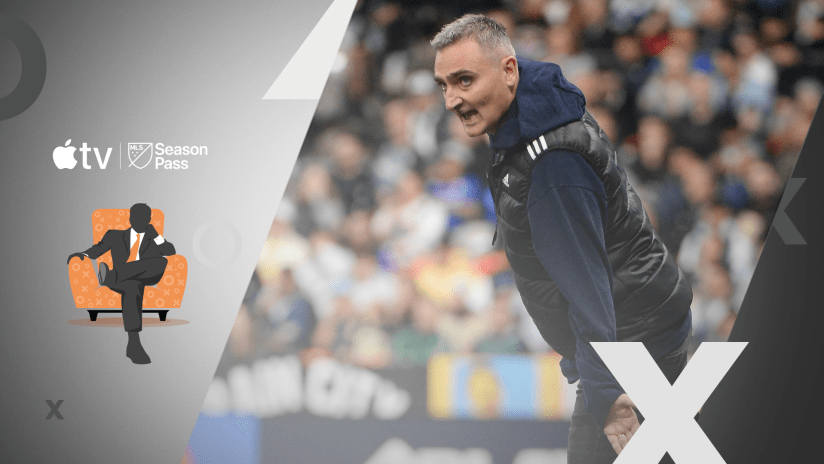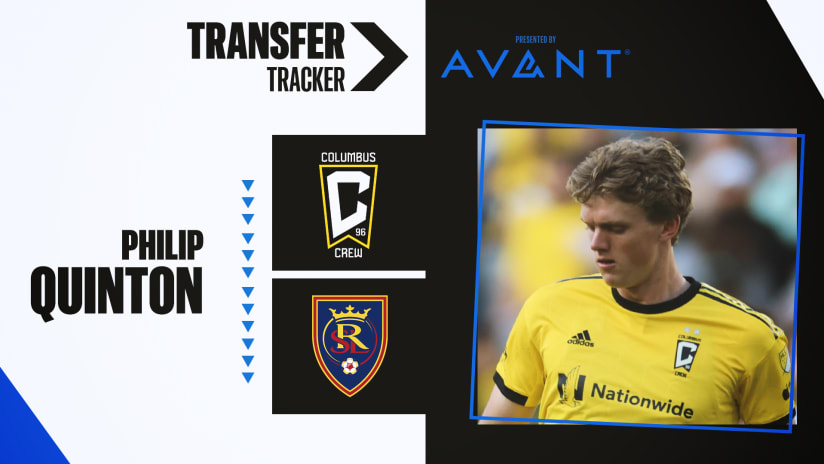So in retrospect ... how bad were Scotland?
I expressed my concern that the 5-1 result for the US in that particular game was a bit of a false positive (usage, I know), and am now bemused in my correctitude. The US are still a mess, looking very much a team in "Who are we, really?" mode.
Canada, meanwhile, get the pleasure of knowing they were the superior team for 90 minutes against the US for the first time since maybe the mid-1980s. And the displeasure of another bad call going against them in this series.
Klinsmann's lineup choices are still baffling
About 95 percent of the Jose Torres-related comments we get on this site are positive. And that's fine — it's always nice to have a favorite player.
But if Torres was as good as you all seem to think, wouldn't he stand out in a game like this? Wouldn't the US have more than one win in 11 games with him starting? Wouldn't he find a way to carve out chances for his teammates — or even, heaven forbid, himself — when afforded time and space in the final third?
That's what he got plenty of on Sunday. And he produced nothing.
The problem is not just his lack of a cutting edge in attack, but that he's being asked to provide something that's not in his DNA in the first place. Torres' only outstanding attribute is his ability to put his foot on the ball and dictate the pace and tempo of the game. Put him in a central midfield trio in front of Michael Bradley and Jermaine Jones, and you may have something.
On the wing? He's an absolute cipher, Klinsmann's white elephant.
That wasn't the only lineup choice that left me scratching my head. Against a Canadian side alligned to prevent up-the-gut penetration, the danger was always going to come from the US flanks. So that left just one forward — Herculez Gomez — to do the running and work of two. Even when Jozy Altidore was subbed in, he was tasked with playing wide on the left instead of as a No. 9.
It makes no sense. And the Scotland anomaly aside, this team feels no closer to realizing Klinsmann's vision than it did nine months ago.
The US have depth at left fullback
Edgar Castillo still has some learning to do, first and foremost when to put the ball into row Z instead of trying to play out of pressure. His turnover absolutely should have been a Canada goal.
But he was a demon patrolling passing lanes and the most consistent US threat on the night. And most importantly, he didn't look out of place physically against a big, strong team with some real power and pace on that right flank.
I'm not totally in love with the idea of him starting for the US in a game that matters — again, that giveaway was inexcusable — but hopefully Fabian Johnson's injury will be gone by Friday. Either way, though, this is a stronger position than it was two years ago.
Canada's two-thirds press caused the US more problems than Brazil's high press
Canada dropped off almost to the midfield stripe, then swarmed the US midfielders whenever they received a pass. Because of the way they were deployed, they always had numbers up, and were always on the verge of forcing a turnover and a breakout.
Truth is, they should have had three goals. The reason Brazil are Brazil is because they finish those chances; the reason Canada are Canada is that they don't.
But there's plenty of good to take from this for the Canucks. Their defense is certainly sturdier than the USA's right now, and from the run of play they allowed almost no real looks to a team that had Clint Dempsey, Landon Donovan and Gomez all on the pitch.
For the US, the idea of playing through or around a two-thirds press seemed beyond them. Playing over it was a non-starter, since Kevin McKenna and Andre Hainault just about swallowed Gomez whole.
The situation called for two forwards. When the US are struggling to create, it often does.
But that's not what we saw. We saw a bad 90 minutes, a bad strategy and a bad result.
Wonder what we'll see next week when the games really matter?













